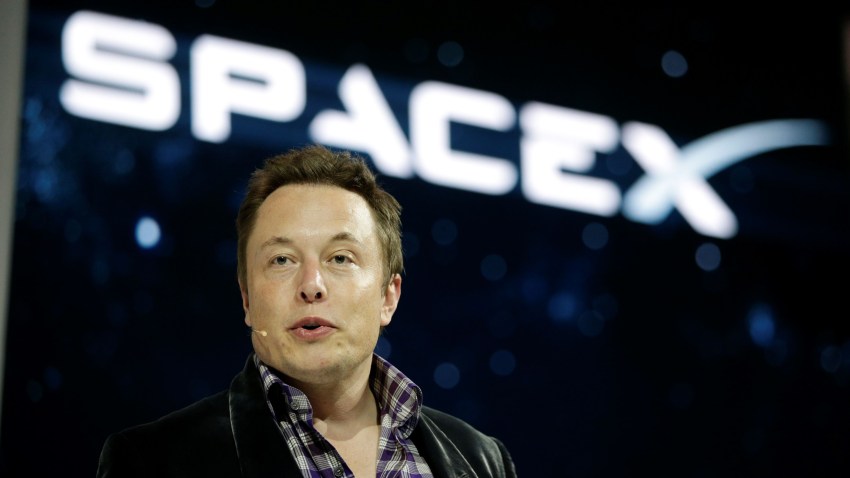The first space race, between the United States and the Soviet Union, was a geopolitical and ideological struggle between superpowers. Now five decades in the past, it pushed the limits of technology to extremes and realized some long-held dreams of humanity, like putting a human on the moon.
But after the enormous gains of the 1950s and 60s, space exploration advanced more gradually. More countries developed space programs, but between 1961 and 2000, only the Soviet Union, the United States and China put humans into space. After the U.S.’s Apollo program came to an end, humans never returned to the moon, and ambitious plans to expand human exploration to other planets were shelved. And with the end of NASA’s Space Shuttle program, the U.S. seemed to become disinterested in the final frontier, even contracting human launches out to Russia.
Over the past decade, something changed. In 2004, U.S. Congress required NASA and the Federal Aviation Administration to legalize private spaceflight. Then, in 2015, it passed the Spurring Private Aerospace Competitive and Entrepreneurship Act, better known as the SPACE Act, which expanded the rights to explore and exploit space to private citizens in the U.S.
During that same time, an internet entrepreneur named Elon Musk founded the aerospace company SpaceX with the goal of developing cheaper and more reliable access to space and, ultimately, to build a colony on Mars.
Today, SpaceX has developed and launched its partially reusable rocket, Falcon 9, more than 150 times. The company is on the cusp of introducing a fully reusable launch system, Starship, with a lift capacity of more than 100 tons to low-Earth Orbit. SpaceX and other private companies have also developed vehicles that can put humans into space, as well as “mega-constellations” of satellites that promise to provide high quality and affordable internet access independent of terrestrial infrastructure.
At the same time, Russia’s invasion of Ukraine has brought an end to decades of cooperation between Washington and Moscow in space, putting even the future of the International Space Station into question. Meanwhile, China is aggressively pushing its space program, as are India and other nations.
Arguably, the world is already in the age of a new Space Race. And this time, it is multipolar, with everyone from superpowers to startups participating.
Joining Trend Lines to discuss all this and more is Eric Berger, a senior space editor at Ars Technica and author of “Liftoff,” a book on the rise of SpaceX.
Listen:
Download: MP3
Relevant articles on World Politics Review:
As New Space Powers Emerge, NASA More Unreliable as Partner
Colonizing Space Is Not the Solution to Our Problems on Earth
Small States Can Play a Big Role in Space
The U.S. Space Program Is Back, but It Can’t Go It Alone
China’s Space Ambitions Have Washington on Edge
Trend Lines is produced and edited by Peter Dörrie, a freelance journalist and analyst focusing on security and resource politics in Africa. You can follow him on Twitter at @peterdoerrie.
To send feedback or questions, email us at podcast@worldpoliticsreview.com

